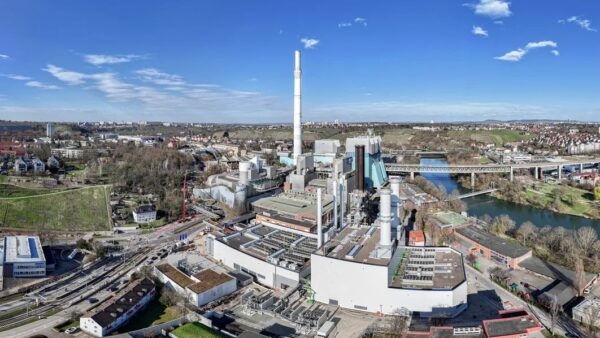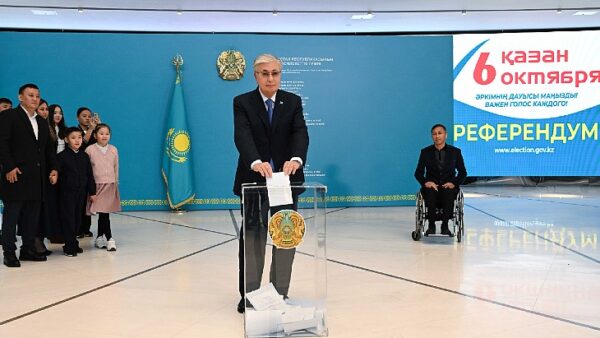China has decided to suspend funding for at least three major highway projects in Pakistan that are part of the $62bn China-Pakistan Economic Corridor (CPEC), leaving officials in Islamabad “stunned”, said a report this week.
The surprise decision by the Chinese side to revise guidelines under which funds are released for CPEC schemes are said to have followed media reports of corruption in CPEC projects which left Chinese officials “disturbed”, a senior Pakistan government official told Pakistan’s Dawn newspaper, which published its report on Monday, 4 December.
The decision suspends three major highway schemes that are together worth just over $1bn (Rs 109 billion) and involve more than 450km of new road, but, according to Dawn, the unexpected review calls into question a total of approximately $9.4bn (Rs 1 trillion) worth of road projects lumped under the CPEC umbrella.
The three road schemes immediately affected were due for final financing approval at the two sides’ Joint Working Group meeting on 20 November.
They were the 210-km Dera Ismail Khan-Zhob Road, estimated to cost Rs 81 billion; the 110-km Khuzdar-Basima Road, estimated at Rs 19.76 billion; and the remaining 136km of the Karakarom Highway from Raikot to Thakot, worth Rs 8.5 billion.
Chinese authorities informed us that the previous procedure of release of funds was meant for early harvest projects only and new guidelines will be issued for future projects of the CPEC– Pakistani official
Pakistan had already planned these projects but they were brought under the CPEC umbrella in December 2016 to qualify for concessionary CPEC financing.
A flagship scheme of China’s historic Belt and Road initiative, CPEC is planned as a transformative transport-energy-industrial corridor stretching north-south from China’s western Xinjiang region to Pakistan’s port city of Gwadar on the Arabian Sea. Formalised in 2015, its estimated total investment value rose this year from $55bn to $62bn.
Despite ongoing security concerns in Pakistan, work on a suite of CPEC projects has been proceeding, but Pakistani officials received a shock at the 20 November meeting when the Chinese side said the funds for the three road schemes would not be released until after Beijing issues “new guidelines”, the unnamed official told Dawn.
“It was expected that the funding of the three projects would be finalised during the Joint Working Group (JWG) meeting held on November 20, but Pakistan was informed in the meeting that ‘new guidelines’ will be issued from Beijing under which new modus operandi for release of the funds will be described,” Dawn quoted the official as saying.
The existing procedure for release of funds had been abolished, the official said. Under this procedure, projects were to be approved by six different forums before funds were released.
“In fact, the Chinese authorities informed us that the previous procedure of release of funds was meant for early harvest projects only and new guidelines will be issued for future projects of the CPEC,” said the official, adding that the Pakistani side had been left “stunned” by the news.
He claimed that the Chinese side was “quite disturbed” with media reports about corruption in CPEC projects, which was the reason for Beijing’s review of guidelines.
This latest development comes amid signs of a cooling off in China’s enthusiasm for funding Belt and Road megaprojects, including those connected to CPEC.
Citing unacceptable conditions, Pakistan last month withdrew its request for the long-planned, $14bn Diamer-Bhasha hydroelectric dam on the River Indus in Gilgit-Baltistan to be included for CPEC financing.
Officials said the Chinese side, for security, had demanded ownership of the project plus rights to a new, second dam.
In addition, doubts have arisen over the $8bn Peshawar-Karachi railway project, known as the Main Line 1, after it emerged that framework agreements for it could not be signed during the latest (seventh) meeting of the Joint Cooperation Council, the bilateral forum in which CPEC schemes are planned and agreed between the two governments.
In recent weeks Nepal and Myanmar have also cancelled multi-billion-dollar hydroelectric schemes billed as Belt and Road projects.
Economists surveyed by Bloomberg this week predicted a slowdown in China’s frenzied investment in infrastructure following a pledge to focus on debt management made at the Communist Party Congress in October.
Image: A section of the Karakoram Highway in the Hunza Valley, northern Pakistan. (Hoang Bao Nguyen/Dreamstime)
Further Reading:










